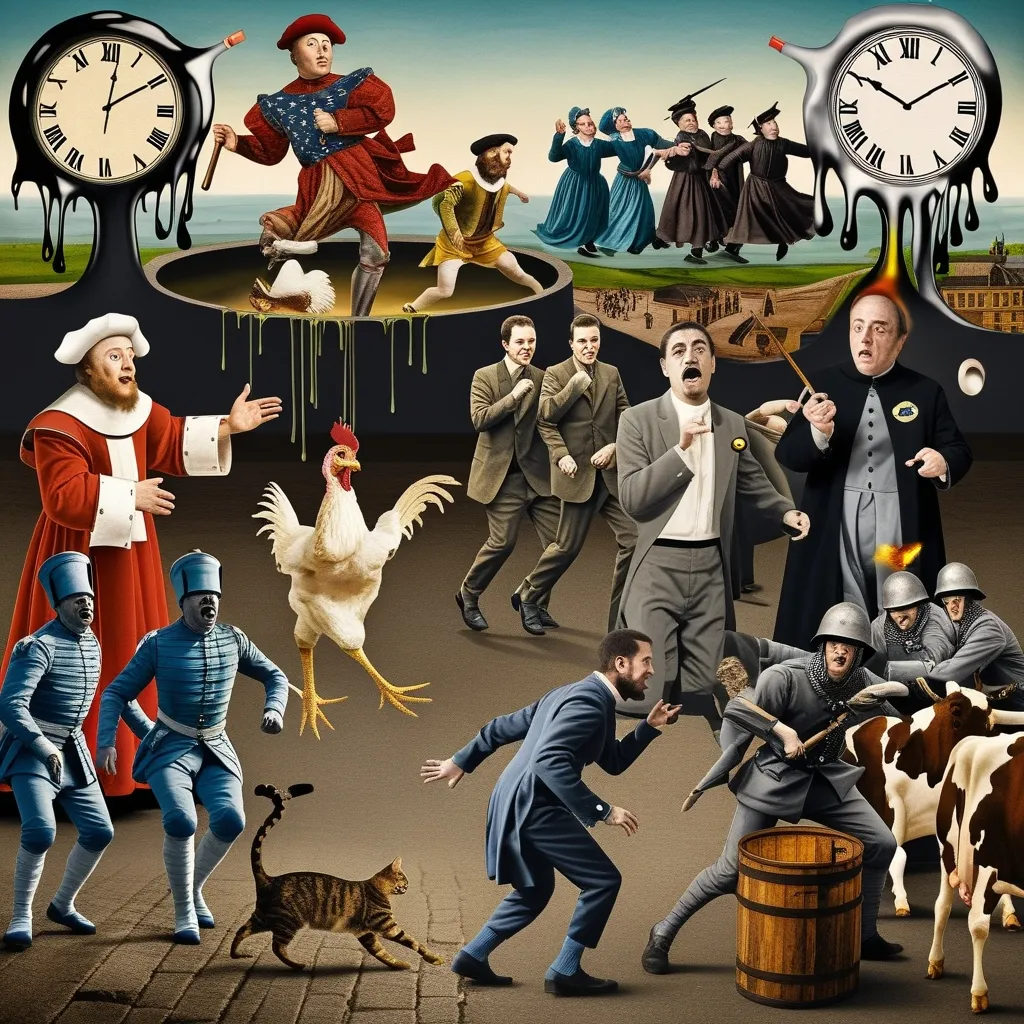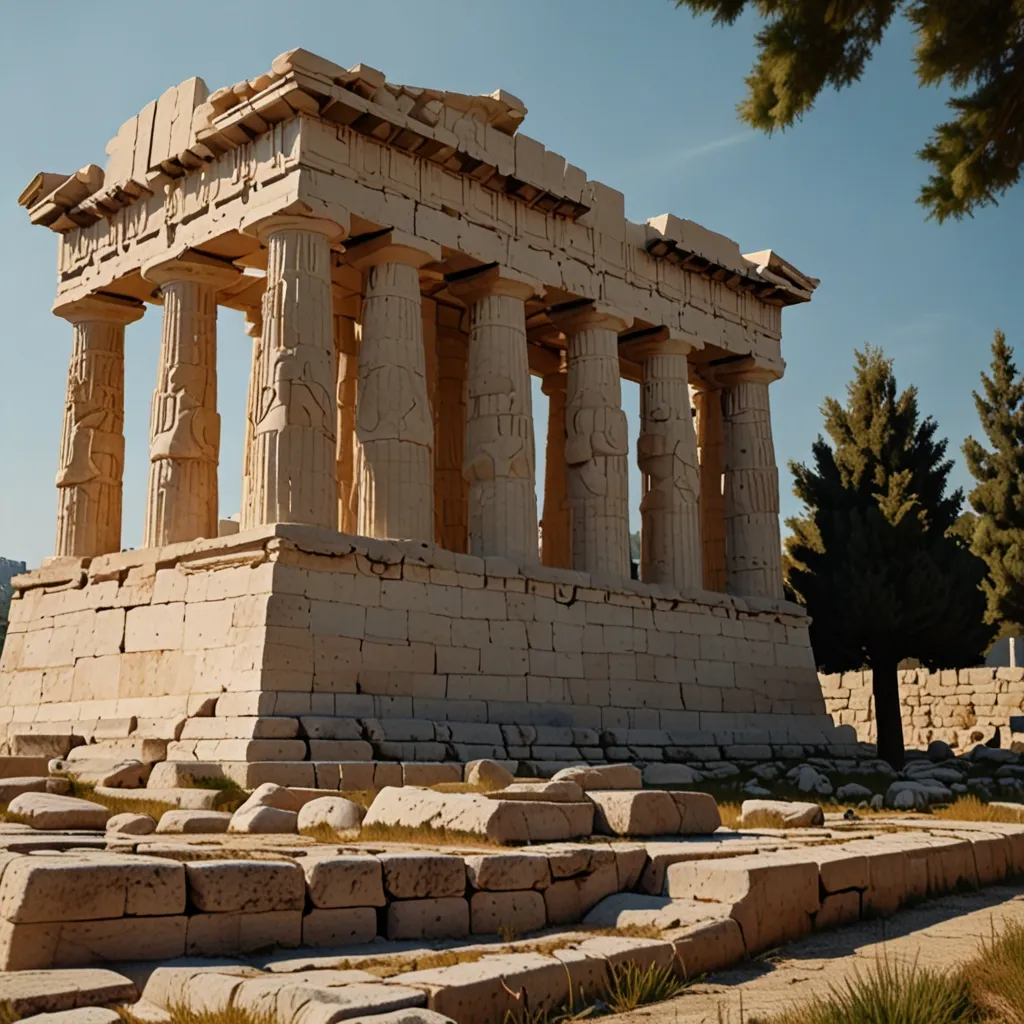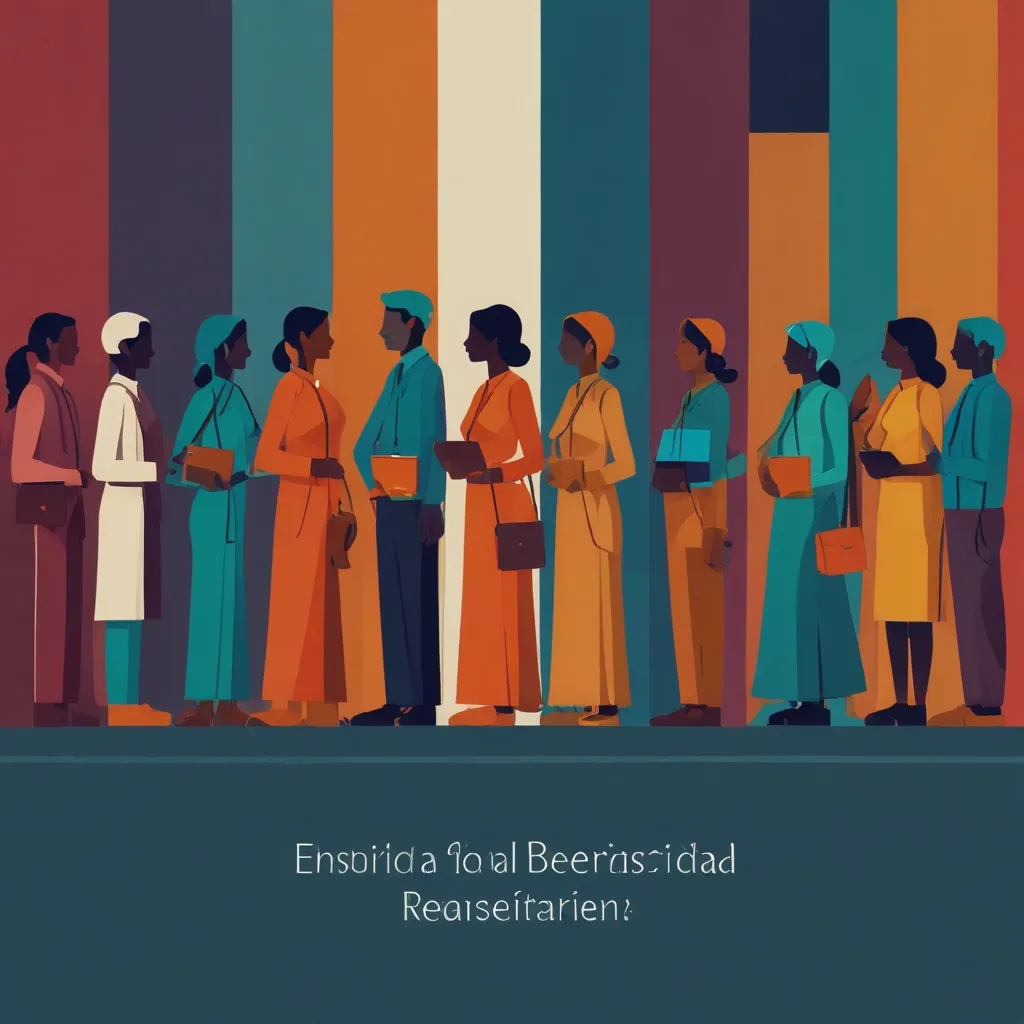History’s Wildest Moments: Truth Stranger Than Fiction
Ever heard the saying “you can’t make this stuff up”? Well, buckle up, because history’s about to prove that reality can be way weirder than anything we could dream up. From royal gatherings gone horribly wrong to presidents who just won’t quit, these bizarre historical events will make you question everything you thought you knew about the past.
Let’s kick things off with a real stinker. Picture this: It’s 1184 in Erfurt, Germany. A bunch of fancy nobles are gathered for some important meeting, probably discussing taxes or land disputes or whatever it is medieval bigwigs talked about. Suddenly, the floor gives way, and boom! Sixty of them plummet into a cesspit below. Talk about a crappy situation, right? This disaster, known as the Erfurt Latrine Disaster, wasn’t just gross – it had serious political consequences. But more importantly, it taught everyone a valuable lesson about not skimping on construction materials.
Now, let’s fast forward to 1912 and meet one of the toughest dudes in American history: Theodore Roosevelt. This guy was campaigning for president when some nutjob decided to shoot him. Did Teddy rush to the hospital? Nah, he was like, “Hold my beer,” and kept on speechifying for another hour. The bullet was slowed down by his glasses case and the massive speech in his pocket, but still – the man took a bullet and kept going. If that doesn’t scream ‘Merica, I don’t know what does.
Speaking of tough guys, let’s hop back to 1066 and the Battle of Hastings. You’ve probably heard of this famous battle, but did you know it was kicked off by a cheeky minstrel? This guy was out there juggling his sword and singing taunts, and some English soldier got so annoyed he charged at him. And just like that, one of history’s bloodiest battles began. Never underestimate the power of a good taunt, folks.
Now, let’s talk about one of history’s weirdest wars: the Pope’s War on Cats. Yeah, you read that right. Back in the Middle Ages, the Catholic Church decided cats were evil witch-companions and needed to go. So they started killing off cats left and right. The result? Rats everywhere, spreading the plague like nobody’s business. Sometimes, the cure really is worse than the disease.
Ever heard of Charondas? This ancient Greek lawmaker was so committed to his own rules that when he accidentally broke one by wearing a sword to a public assembly, he straight-up killed himself with it. Talk about practicing what you preach, huh?
But wait, it gets weirder. In the 14th century, a bunch of people in Strasbourg suddenly started dancing uncontrollably in the streets. This “Dancing Plague” lasted for days, with some folks literally dancing themselves to death. Was it mass hysteria? A weird fungus in the bread? Alien mind control? We still don’t know, but it sure makes for a great story.
Speaking of great stories, let me introduce you to Mike the Headless Chicken. In 1945, this plucky rooster survived having his head chopped off and lived for another 18 months. How’s that for resilience? Mike became a bit of a celebrity, touring the country and showing off his headless tricks. Just goes to show, you don’t need brains to be famous.
During World War II, things got pretty desperate. So desperate that the British government started collecting cow dung to use in explosives. Yep, you heard that right. They were literally turning crap into weapons. Talk about making the best of a crappy situation.
Let’s take a quick trip to ancient Rome, where they were busy writing up their first official law code, the Law of the Twelve Tables. This was a big deal, marking the transition from oral tradition to written law. But here’s the kicker – they did this during a time of major political upheaval. Nothing like a little chaos to inspire some lawmaking, right?
Now, imagine going to war over a bucket. Sounds ridiculous, right? Well, that’s exactly what happened between the Italian cities of Bologna and Modena in the 14th century. Some Modenese soldiers stole a bucket from a well in Bologna, and next thing you know, there’s a full-blown battle. And get this – Modena won, and they still have that bucket today. Talk about a weird flex.
Let’s wrap things up with everyone’s favorite apple-loving scientist, Isaac Newton. Sure, he figured out gravity and all that jazz, but did you know he also tried to cure the plague? His solution? A weird concoction of herbs and other stuff that definitely didn’t work. Even geniuses have their off days, I guess.
So there you have it, folks. A whirlwind tour of some of history’s weirdest, wildest, and downright wackiest moments. From poop disasters to dancing plagues, headless chickens to bucket wars, these stories remind us that truth really is stranger than fiction. They show us that history isn’t just a dry collection of dates and names – it’s a wild, unpredictable ride full of surprises.
These bizarre events also give us a glimpse into the human side of history. They show us that people in the past weren’t all that different from us. They made mistakes, they had weird ideas, they fought over silly things, and sometimes they did incredibly brave (or incredibly stupid) things.
Take the Erfurt Latrine Disaster, for example. It’s easy to laugh at the idea of a bunch of nobles falling into a cesspit, but it also highlights the very real dangers that people faced in the past due to poor construction and sanitation. And while we might chuckle at the idea of the Pope declaring war on cats, it’s a sobering reminder of how superstition and misinformation can have devastating consequences.
Then there’s Theodore Roosevelt, continuing his speech after being shot. It’s an incredible display of determination and grit, but it also speaks to the intense pressure and expectations placed on political figures. And let’s not forget Mike the Headless Chicken, whose bizarre story captivated the public and became a part of American folklore.
These stories also remind us that history isn’t always shaped by grand battles or political decisions. Sometimes, it’s the small, weird things that have a big impact. A minstrel’s taunt kicks off a major battle. A stolen bucket leads to a war between cities. A dancing plague disrupts an entire community.
And let’s not forget the creative problem-solving on display in some of these stories. The British turning cow dung into explosives during World War II is a prime example of the ingenuity that often emerges during times of crisis. It’s a reminder that necessity really is the mother of invention – even if that invention is a bit smelly.
Even the more serious events, like the creation of the Law of the Twelve Tables in ancient Rome, have their quirky side. The fact that this foundational legal document was created during a time of political turmoil adds an interesting twist to the story and reminds us that progress often happens in unexpected ways and at unexpected times.
These bizarre historical events also serve as a humbling reminder that we don’t always understand everything about the past. The cause of the Dancing Plague, for instance, remains a mystery to this day. It’s a reminder that history is full of puzzles and unknowns, and that there’s always more to discover and learn.
Moreover, these stories challenge our preconceptions about historical figures and events. We tend to think of scientists like Isaac Newton as infallible geniuses, but his failed attempt to cure the plague reminds us that even the greatest minds have their limitations and make mistakes.
In the end, these bizarre historical events do more than just entertain us with their weirdness. They humanize history, making it more relatable and accessible. They remind us that history is made up of real people, with all their quirks, flaws, and eccentricities. They show us that the past wasn’t always dignified or serious – sometimes it was messy, weird, and downright absurd.
So the next time you’re feeling down about the state of the world today, just remember: at least you’re not a medieval noble falling into a cesspit, or a citizen of Strasbourg suddenly compelled to dance until you drop. History may not always repeat itself, but it sure does have a way of reminding us that no matter how strange things seem now, they’ve probably been stranger before.
And who knows? Maybe centuries from now, people will be looking back at our time and marveling at the bizarre events that we considered normal. After all, one person’s everyday life is another person’s weird historical anecdote. So embrace the weirdness, learn from the past, and remember – in the grand tapestry of human history, we’re all just threads in a very strange, very surprising pattern.






